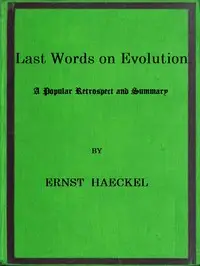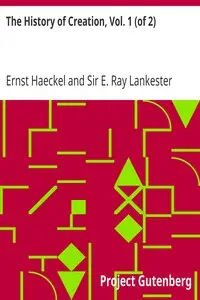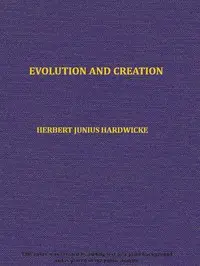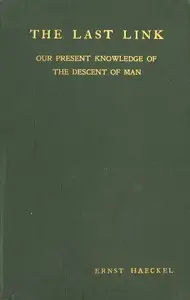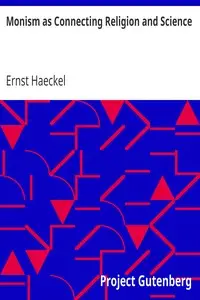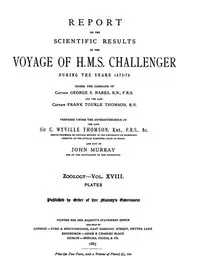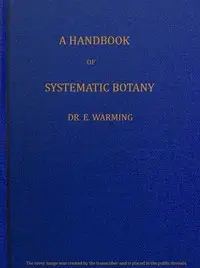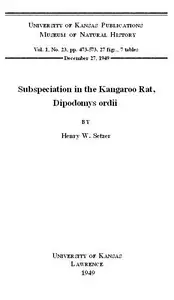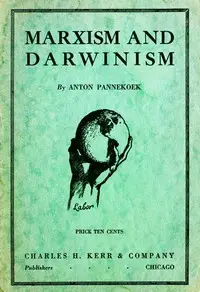"Freedom in Science and Teaching" by Ernst Haeckel is a late 19th-century scientific work that advocates for the unrestricted teaching and exploration of evolutionary theory in educational settings. The core of the publication addresses and refutes criticisms of evolution, particularly those voiced by Rudolf Virchow, arguing for scientific freedom as essential to discovering knowledge. Beginning with a reluctant but firm declaration to counter Virchow's arguments, Haeckel establishes the importance of open scientific discourse against both scientific and societal opposition to protect the teaching of evolutionary concepts, even if they challenge established norms.

Freedom in Science and Teaching. from the German of Ernst Haeckel
By Ernst Haeckel
A scientist defends the right to explore evolution without limits, igniting a debate about knowledge and the freedom to teach in the face of strong disagreement.
Summary
About the AuthorErnst Heinrich Philipp August Haeckel was a German zoologist, naturalist, eugenicist, philosopher, physician, professor, marine biologist and artist. He discovered, described and named thousands of new species, mapped a genealogical tree relating all life forms and coined many terms in biology, including ecology, phylum, phylogeny, and Protista. Haeckel promoted and popularised Charles Darwin's work in Germany and developed the influential but no longer widely held recapitulation theory claiming that an individual organism's biological development, or ontogeny, parallels and summarises its species' evolutionary development, or phylogeny.
Ernst Heinrich Philipp August Haeckel was a German zoologist, naturalist, eugenicist, philosopher, physician, professor, marine biologist and artist. He discovered, described and named thousands of new species, mapped a genealogical tree relating all life forms and coined many terms in biology, including ecology, phylum, phylogeny, and Protista. Haeckel promoted and popularised Charles Darwin's work in Germany and developed the influential but no longer widely held recapitulation theory claiming that an individual organism's biological development, or ontogeny, parallels and summarises its species' evolutionary development, or phylogeny.

